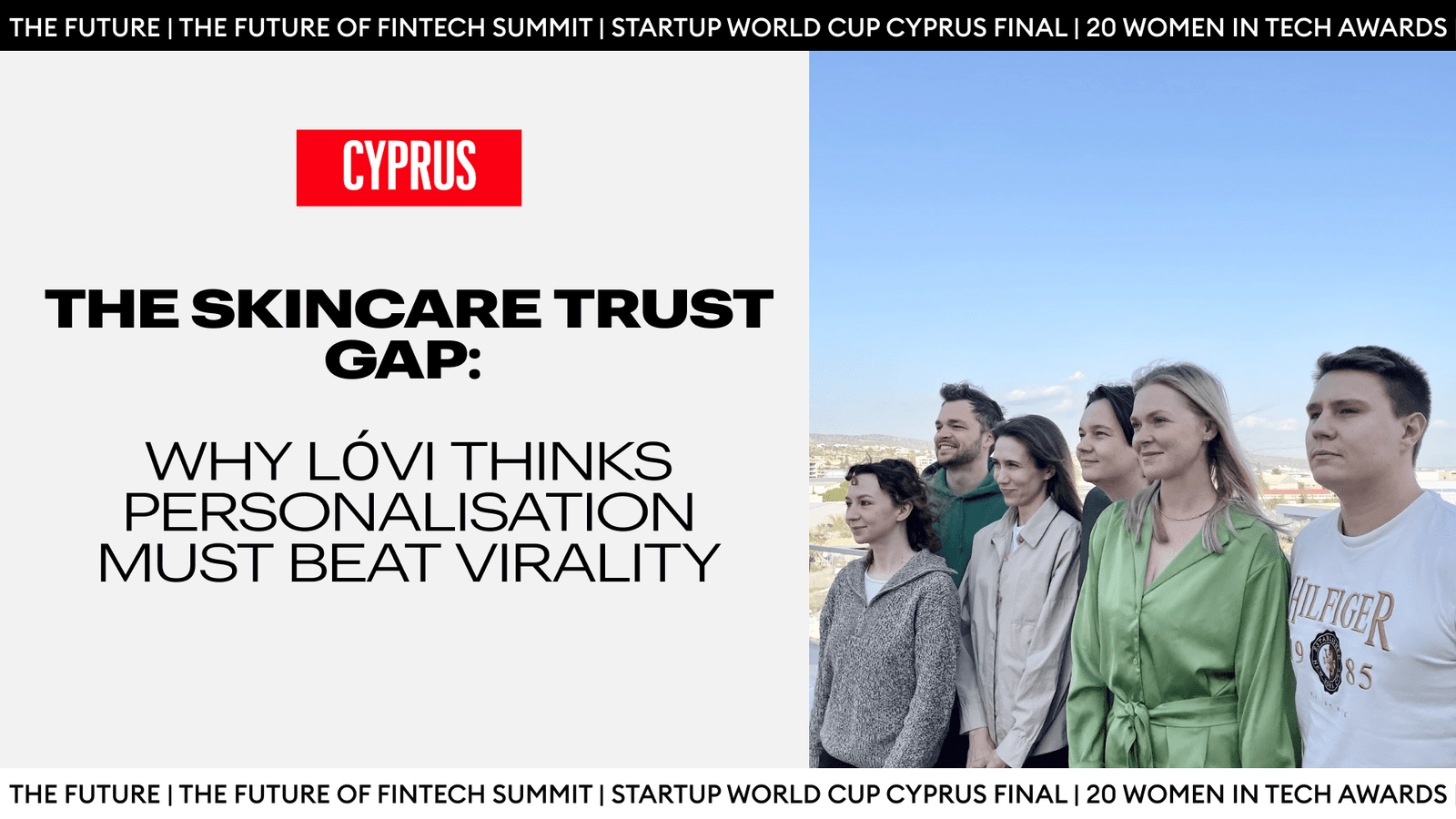The most comprehensive global snapshot of today’s tech startup landscapes is out, and it reveals a turning point that’s been years in the making. The Dealroom Global Tech Ecosystem Index 2025 ranks 288 cities across 69 countries through a multi-factor analysis of capital, research-commercialization, innovation, talent, and economic impact.
While league giants like New York and the Bay Area still top the list, a growing number of smaller ecosystems, including Vilnius and Pune, are closing the gap by prioritizing smarter scaling approaches rather than pursuing growth for growth’s sake. Their advantage? They are seeing stronger local alignment between founders, investors, and policy, which contributes to conditions for long-term value.
Follow THE FUTURE on LinkedIn, Facebook, Instagram, X and Telegram
At a time when global VC activity remains significantly below its peak in 2021, this redistribution in the Index reflects a less predictable global map of innovation and an invitation for emerging ecosystems like Cyprus.
Can We Predict What a “Leading” Hub Looks Like in 2025?
The Dealroom Index, rather than rewarding based on size alone, evaluates ecosystems based on how effectively they convert capital, research, and talent into startup creation, scaling, and long-term economic value. The Index groups cities into three main categories, each reflecting a different pathway to global relevance.
- Global Champions (Scale)
These are the ecosystems with the most established infrastructure: think Bay Area, New York, Paris. They perform consistently across every major indicator: they attract capital at all stages; produce a steady volume of high-growth startups; and lead in both unicorn generation and the commercialisation of academic research. Critically, they also demonstrate consistency in generating exits, acquisitions or IPOs, that recycle capital and talent back into the ecosystem.
- Density Leaders (Per Capita)
This category highlights ecosystems that outperform relative to their population size. Cambridge (UK), Tel Aviv, and Munich stand out here, each demonstrating high levels of startup output, capital formation, and research commercialization activity on a per capita basis. These ecosystems benefit from geographic concentration, innovation linked to top universities, and targeted policy, allowing them to convert specialized knowledge into venture-scale businesses at a high rate.
- Rising Stars (Growth)
This category tracks ecosystems that have scaled rapidly over the past five years, often without the benefit of a long-established tech sector, local capital markets, or startup support systems. Examples include cities like Vilnius, Lagos, and Pune, which have seen a sharp increase in startup valuations, venture investment, and unicorn creation. Their growth tends to be driven by local coordination, responsive policy, and an increasing ability to turn emerging talent into high-growth potential companies.
Where Does Cyprus Fit Into This Landscape?
Cyprus does appear in the Dealroom Index, 285th out of 288 ecosystems worldwide. While this is near the bottom of the list, its inclusion highlights that the country’s startup ecosystem is beginning to make its place on the global radar.
Though Cyprus is not discussed in the main body of the report, data from the Dealroom dashboard offers a clearer picture:
- Combined Enterprise Value as of 2024 (EV): $8.6B
- VC Invested 2024: $74B
- Startups funded: 285
- EV Growth from 2017 to 2024: 1.1x
To put Cyprus’s numbers in context, here are some key figures from the top and middle of the Dealroom Global Tech Ecosystem Index 2025:
Bay Area (Rank No. 1)
- Combined Enterprise Value (EV) as of 2024: $15.3T
- VC Invested 2024: $87B
- Startups funded: 26,222
- EV Growth (2017–2024): 7x
Paris (Rank No. 4)
- Combined EV: $286B
- VC Invested 2024: $5.9B
- Startups funded: 6,557
- EV Growth (2017–2024): 5.3x
Vilnius (Rank No. 77)
- Combined EV: $17B
- VC Invested 2024: $136M
- Startups funded: 486
- EV Growth (2017–2024): 27.9x
As already mentioned, what the report makes clear is that ecosystems don’t need to be large to be competitive. What they need is to be ready to strategically coordinate between talent, capital, policy, and academic institutions, supported by the infrastructure and networks to help companies scale from idea to exit.
Cyprus shares characteristics with several of the rising ecosystems ranked in the Index: a growing research base, increasing startup activity, and several promising national initiatives aimed at strengthening the country’s innovation economy. The question now is whether Cyprus can turn those inputs into outcomes, and do so fast enough to matter on a global scale.
Several signals suggest the country is moving in the right direction:
- Targeted policy coordination through initiatives like the National AI Taskforce
- New capital inflows and investor interest, including early-stage VC and angel activity
- Efforts to activate the diaspora, such as the recently established Minds in Cyprus programme
- Strong university output, especially in technical and scientific fields
- A cost and quality-of-life advantage compared to more saturated ecosystems
What’s still missing (and what top-performing small ecosystems tend to get right) is a more visible, coordinated link between academic research and startup formation, and a stronger feedback loop between local exits and reinvestment into the ecosystem.
For Cyprus, the opportunity lies in building a system that is not just present, but deliberate. The challenge now isn’t whether Cyprus can be on the map. It’s whether it can show up with a model that’s exportable, investable, and built to last.














